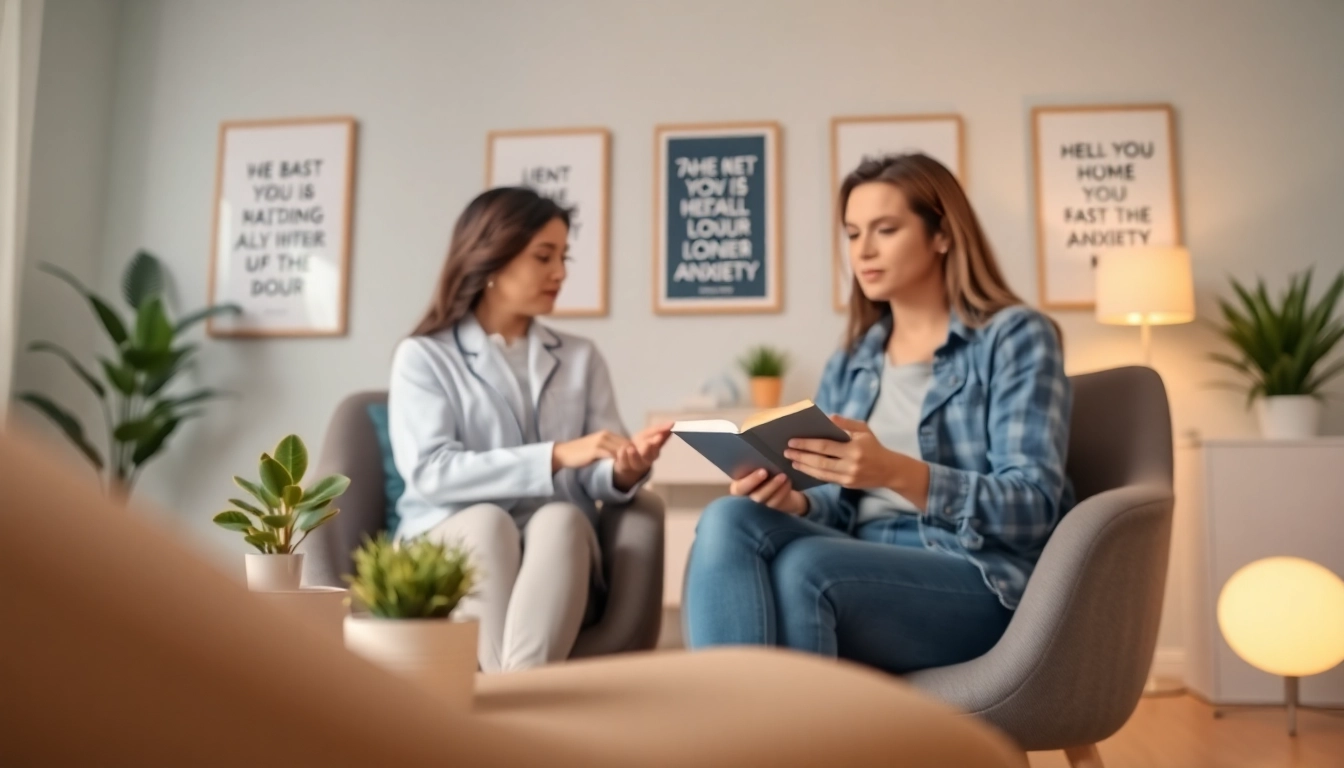
What is Attachment Theory?
Definition and Historical Background
Attachment theory is a psychological framework that explores the bonds formed between individuals, primarily focused on the relationships between children and their caregivers. Developed in the mid-20th century by British psychologist John Bowlby, the theory posits that the nature of these bonds significantly influences a person’s emotional and social development throughout their life. Bowlby’s work was later expanded by psychologist Mary Ainsworth, who conducted the “Strange Situation” experiment, categorizing attachment styles based on the responses of children during separations and reunions with their caregivers.
Types of Attachment Styles
Attachment theory outlines four primary attachment styles:
- Secure Attachment: Individuals with a secure attachment style typically have a positive view of themselves and others. They are comfortable with intimacy and independence, leading to healthier and more stable relationships.
- Anxious Attachment: Those with an anxious attachment style often worry about their partner’s availability and commitment. They may exhibit clinginess and dependency, often driven by a fear of abandonment.
- Avoidant Attachment: Avoidant individuals tend to have a negative view of others and a positive view of themselves, valuing independence to the extent of avoiding emotional closeness. This can lead to superficial relationships and difficulty in expressing feelings.
- Disorganized Attachment: This style is characterized by a lack of clear attachment behavior, often arising from inconsistent or frightening caregiving. Individuals may show a mix of avoidance and anxiety in relationships, resulting in emotional chaos.
Importance of Attachment in Relationships
Understanding attachment theory is vital as it sheds light on how formative experiences in childhood can shape adult relationships. Secure attachments generally foster healthier interactions, while insecure attachments can lead to challenges such as conflict, miscommunication, and difficulties in forming emotional connections. By recognizing patterns in attachment styles, individuals can work towards developing healthier relationships and addressing underlying issues.
Role of an Attachment Theory Specialist
Skills and Qualifications Required
An attachment theory specialist is typically a licensed therapist with advanced training in attachment theory and related therapeutic techniques. Key skills include:
- Therapeutic Expertise: Masters or Doctorate in psychology, social work, or counseling.
- Empathy and Communication: The ability to build rapport with clients and communicate effectively about complex emotional issues.
- Analytical Skills: Capability to assess attachment styles and patterns and apply appropriate therapeutic approaches.
- Cultural Competency: Understanding how cultural backgrounds influence attachment styles and relational dynamics.
Common Therapeutic Approaches
Attachment-based therapy often uses several modalities, including:
- Cognitive Behavioral Therapy (CBT): Addressing self-defeating thoughts and beliefs related to attachment issues.
- Emotionally Focused Therapy (EFT): Focusing on the emotional responses of individuals within relationships.
- Schema Therapy: Helping clients identify and change deeply rooted patterns formed from past attachments.
- Psychodynamic Therapy: Exploring unconscious patterns and conflicts that stem from early attachment experiences.
Building Trust with Clients
Trust is fundamental in therapy, especially for those addressing attachment issues. An attachment theory specialist must create a safe and supportive environment, allowing clients to feel comfortable sharing their experiences. Techniques may include active listening, validation of feelings, and demonstrating consistent emotional responsiveness. Establishing this foundation is crucial for effective therapeutic progress.
Benefits of Consulting an Attachment Theory Specialist
Improving Relationships
Consulting an attachment theory specialist can significantly improve personal and interpersonal relationships. By understanding one’s attachment style, individuals can learn to navigate their emotional responses and relationship dynamics more effectively. This knowledge empowers them to foster healthier, more meaningful connections with partners, friends, and family.
Healing from Past Trauma
Many individuals carry attachment-related traumas from childhood that impact their adult lives. An attachment theory specialist can guide clients through the healing process by addressing these past experiences, helping them to reprocess painful memories, and fostering resilience. This therapeutic approach enables clients to develop healthier emotional responses and to establish more secure attachments in their future relationships.
Personal Growth and Development
Engaging with an attachment theory specialist promotes personal growth through self-discovery. Clients gain insights into their behaviors, thought patterns, and emotional triggers. By cultivating self-awareness and emotional intelligence, individuals can make conscious choices that enhance their overall mental health and well-being. This journey often leads to increased self-confidence, improved coping strategies, and a more profound understanding of interpersonal dynamics.
Challenges Faced by Attachment Theory Specialists
Identifying and Addressing Client Needs
One significant challenge for attachment theory specialists is accurately identifying the diverse needs of their clients. In many cases, clients may not clearly articulate their issues or may present symptoms that obscure their underlying attachment-related concerns. Therefore, specialists must possess strong diagnostic skills and adapt their therapeutic approach based on individual assessments.
Navigating Complex Emotions
Clients seeking therapy for attachment issues often grapple with complex emotional states, including anxiety, depression, and fear of intimacy. Addressing these emotions requires a nuanced understanding of attachment theory and skilled intervention techniques. Specialists must strike a balance between facilitating emotional expression and guiding clients towards healthier coping mechanisms.
Staying Updated with Research
The field of psychology is ever-developing, and attachment theory is no exception. Attachment theory specialists must commit to ongoing education by staying informed about the latest research, treatment methodologies, and best practices. This continual learning equips them to provide the most effective interventions tailored to each client’s needs.
How to Find a Qualified Attachment Theory Specialist
Researching Credentials and Experience
When searching for a qualified attachment theory specialist, begin by researching their credentials. Look for licensed professionals with specific training in attachment theory and its applications in therapy. Evaluate their experience by considering their years of practice, specialty areas, and client reviews to ensure a good fit with your therapeutic needs.
Questions to Ask During Initial Consultations
During the initial consultation, it’s essential to ask targeted questions that clarify the therapist’s approach and compatibility with your goals. Inquire about:
- Their experience with attachment theory
- Therapeutic methods they employ
- How they assess and address attachment styles
- Predominant challenges they encounter in therapy
Utilizing Online Resources Effectively
Take advantage of online resources to locate attachment theory specialists. Websites dedicated to mental health can help you filter therapists by specialties or treatment styles. Additionally, many therapists provide introductory videos or content on their platforms, allowing potential clients to gauge their suitability before making contact.





